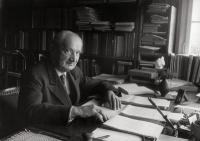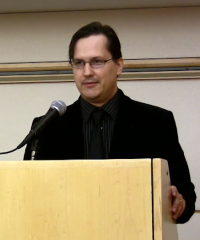American, not European: the call for a cultural reformation in the American hemisphere
There are some people who like to play up the notion of an intimate bond between the United States and the former British Empire. This should not be so. Think of the rhetoric surrounding World War II — “We had to intervene and stop Nazi Germany from taking over the world and committing genocide.” The truth to these statements is irrefutable. Hitler was an evil maniac who enslaved an entire continent and needed to be stopped. However, when it comes to genocide and imperial ambition, the British beat the Nazis to it. The Union Jack is stained with blood: the blood of genocide, that is — the genocide of Irishmen, Scotsmen, Boers, Indians, Australians, and Native Canadians.





















